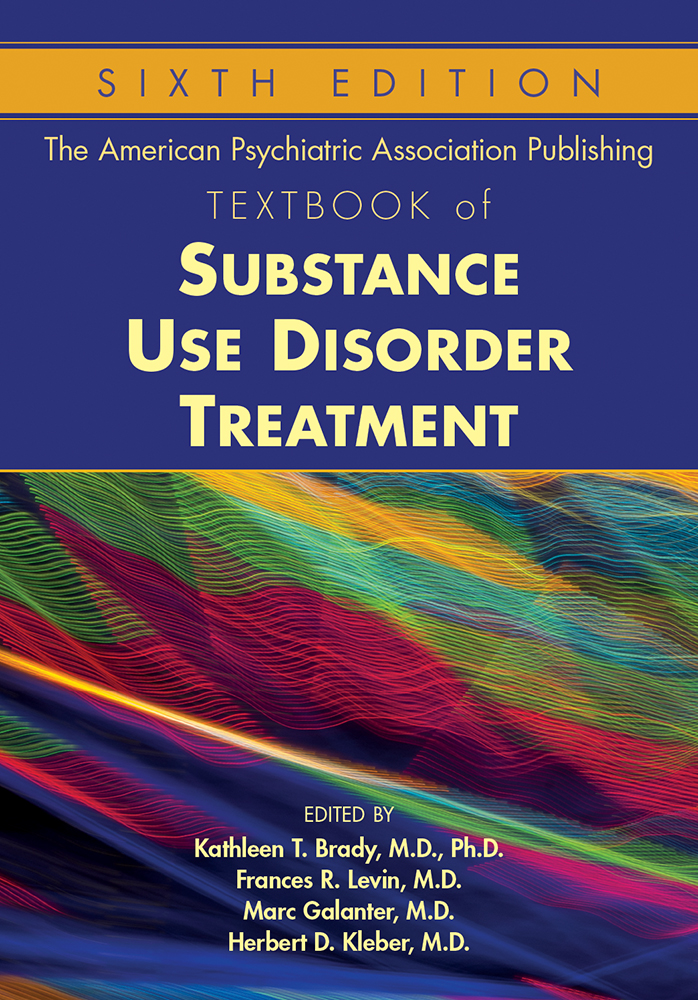Sections
Excerpt
Cannabis is the third most common psychoactive substance used worldwide, after alcohol and tobacco (United Nations Office on Drugs and Crime 2015). In the United States alone, 4.2 million people report past-year cannabis use disorder (CUD) (Substance Abuse and Mental Health Services Administration 2017), which is associated with significant impairment and disability (Degenhardt et al. 2013), psychiatric and medical comorbidity, poor performance, and legal consequences. In 2014, 15% of all substance abuse treatment admissions (representing almost 300,000 people) had cannabis use as the primary presenting problem (Substance Abuse and Mental Health Services Administration 2016). There is clearly a need for treatment development in this area.
Access content
To read the fulltext, please use one of the options below to sign in or purchase access.- Personal login
- Institutional Login
- Sign in via OpenAthens
- Register for access
-
Please login/register if you wish to pair your device and check access availability.
Not a subscriber?
PsychiatryOnline subscription options offer access to the DSM-5 library, books, journals, CME, and patient resources. This all-in-one virtual library provides psychiatrists and mental health professionals with key resources for diagnosis, treatment, research, and professional development.
Need more help? PsychiatryOnline Customer Service may be reached by emailing [email protected] or by calling 800-368-5777 (in the U.S.) or 703-907-7322 (outside the U.S.).



